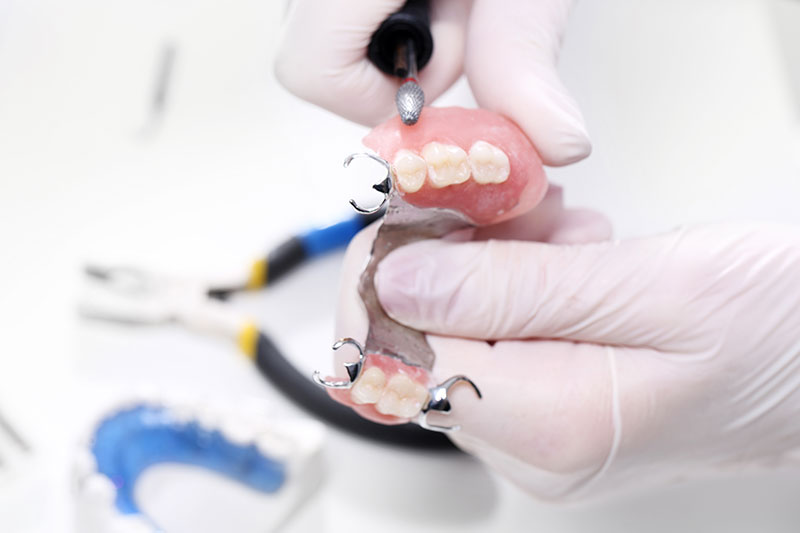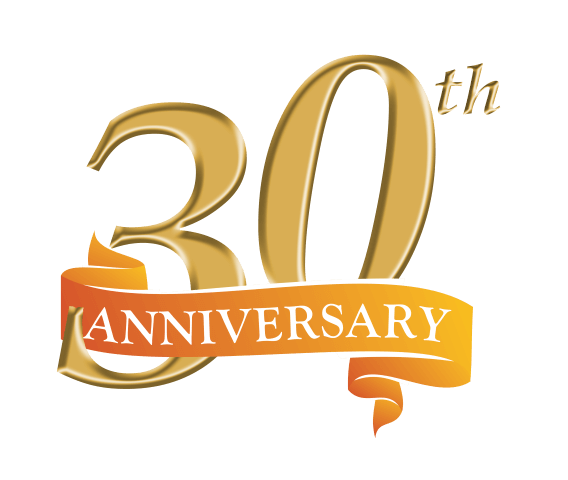Natural-looking partial dentures can fill in the gaps in your smile caused by missing teeth, making it easier to speak and eat comfortably.
Custom Partial Dentures
Custom-made partial dentures fit seamlessly alongside your natural teeth and can be removed for cleaning. Today’s partials are comfortable and keep your other teeth from shifting into the space left by missing teeth, safeguarding you from further tooth decay and gum disease that could cause you to lose more teeth. Partials also will keep your natural teeth from becoming crooked or tilting into the gap, which can cause difficulty chewing and jaw pain when you bite down. With new partial dentures, you will be able to comfortably eat the foods you like. And because partial dentures support your cheeks and lips, you will look better and be able to speak more clearly.
Leading-edge technology using high-quality, lifelike materials will give your partial a look so natural, it will be nearly undetectable. Your dentist will conduct an initial exam, listen to your needs, and answer questions, then advise you on the best type of partial for your needs. Skilled specialists will custom craft your partial dentures from impressions and models we make of your teeth and mouth.
For patients interested in a superior, natural look and greater comfort, we offer Valplast® flexible partial dentures. Patients appreciate how easy Valplast partials are to get used to and they really look great. In addition, Valplast flexible partials come with a lifetime breakage guarantee.
Your dentist will make sure your new partial fits comfortably and securely so your new smile will last for many years.
Dental Implants or a bridge may also be options if you have some missing teeth. We accept most dental insurance plans, and we offer a number of payment options. We also have a dental discount program for patients without dental insurance.




